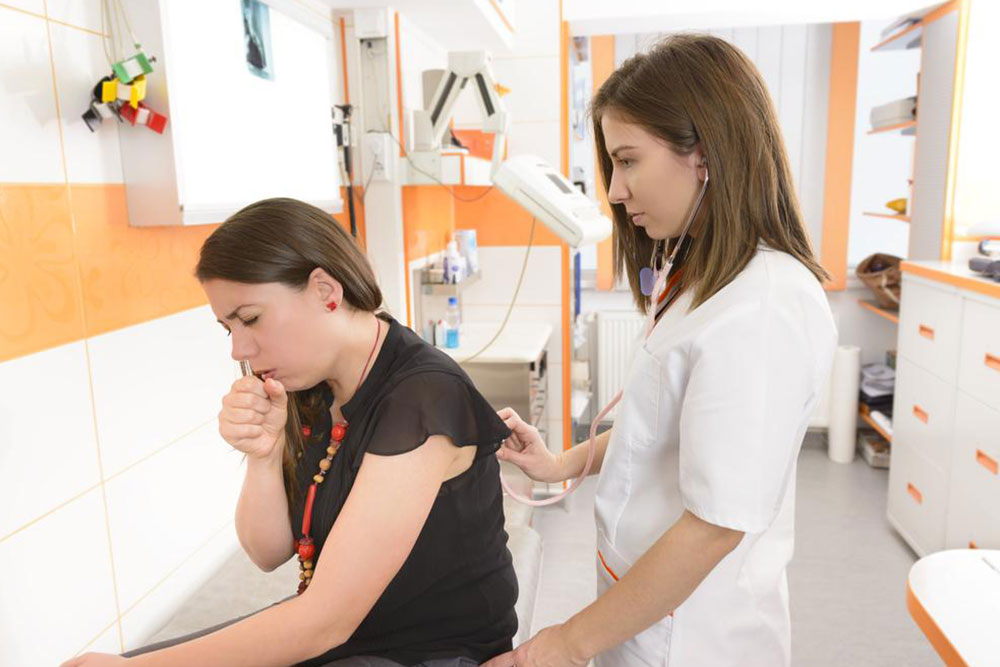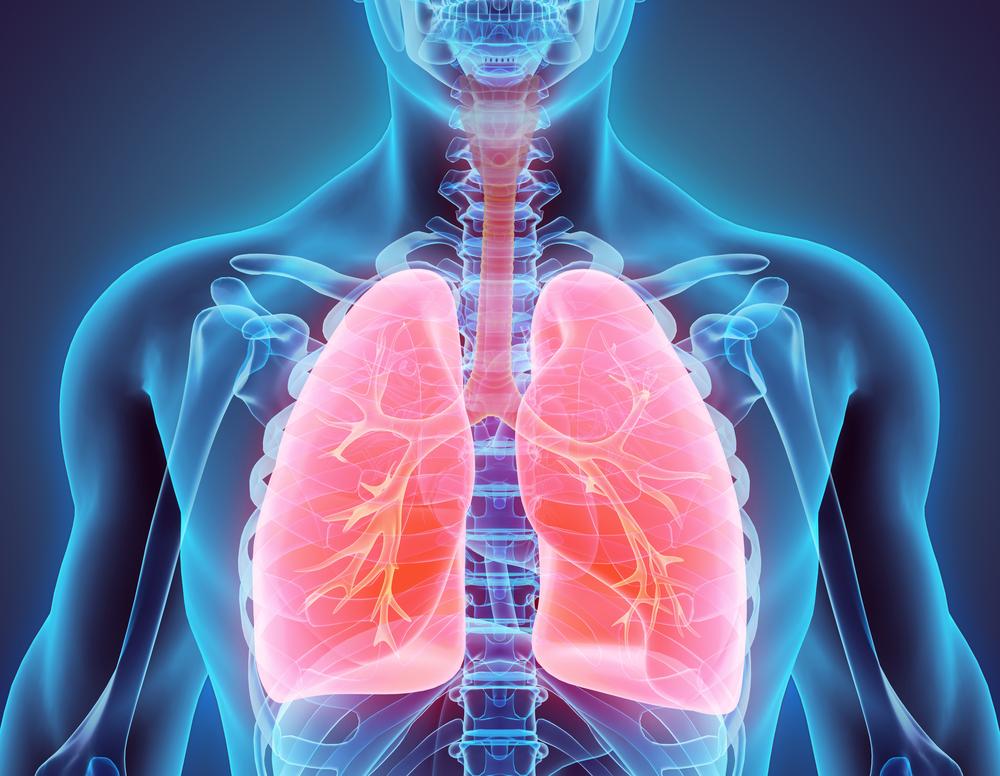Comprehensive Treatment Approaches for Advanced Lung Cancer
Explore the latest advancements in treating advanced lung cancer, including image-guided radiation, targeted therapies, and symptom management options for Stage IV patients. Learn how personalized treatments aim to improve quality of life and extend survival, even in difficult cases.

Comprehensive Treatment Approaches for Advanced Lung Cancer
Lung cancer develops tumors within the lungs that can block airways and impair breathing. Common symptoms include wheezing, shortness of breath, and blood in mucus. While surgical removal and modern chemotherapy are standard treatments, ongoing research is continually advancing lung cancer care.
Radiation therapy
Although an established method, recent innovations have enhanced radiation treatments. Newer machines integrate imaging scanners directly, enabling precise targeting through image-guided radiation therapy. This technology allows physicians to adjust radiation angles based on real-time lung images, improving accuracy and reducing side effects.
This precision reduces adverse effects compared to traditional radiation methods.
Treatment options for Stage IV lung cancer
Determining the cancer stage is crucial for tailored treatment strategies. Stage IV indicates that cancer has spread beyond the lungs to other parts of the body, making cure more challenging. At this stage, treatment focuses on prolonging life and alleviating symptoms.
Approaches for Stage IV include chemotherapy, targeted therapy, immunotherapy, or combinations thereof. Patients in good overall health may undergo surgery or laser therapy to control specific tumor sites. While these treatments can help manage symptoms, complete remission is rare due to widespread metastasis. Specific therapies like photodynamic therapy (PDT) also offer symptom relief. Patients with non-small cell lung cancer (NSCLC) should discuss treatment goals to select appropriate options.
Note:
Our blog offers diverse and useful information, based on thorough research and data. However, content should not be viewed as definitive medical advice. We are not responsible for potential discrepancies across different sources. Also, some offers or schemes may not be covered here but could be relevant for readers seeking benefits.










